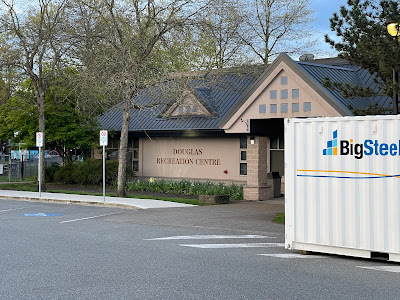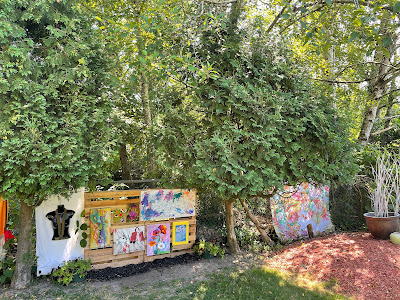In May 2022, the provincial government provided $2.4 million to support expanding the Cookie Monster Preschool program at Douglas Recreation Centre, which would provide much-needed childcare space for our growing community. This expansion will create an additional 74 new childcare spaces, for a total of 84 spaces. The upgraded preschool program will have space for infants and toddlers, as well as before and after school care. Originally, the province provided $2.4 million, but due to increasing construction costs, the province topped up that funding to $4.4 million.
The total project cost is $4.2 million. It includes renovating the unused second floor, current multipurpose room, and preschool room of Douglas Recreation Centre to support childcare. It also includes a new elevator, a new multipurpose space, an additional playground for infants and preschoolers, and various building upgrades.
Langley City staff have been working to get the project to the construction stage. The City received 12 construction proposals and recommended that Council approve issuing the major construction tender to Edifice Construction Inc. for $2,763,861.39, excluding taxes.
Langley City Council approved issuing the tender last night.
The project also includes furnishings and two passenger vans for $450,000 within the $4.2 million project budget.
The federal government provided $100,000 to support the installation of the new elevator.
Construction will start shortly.


















